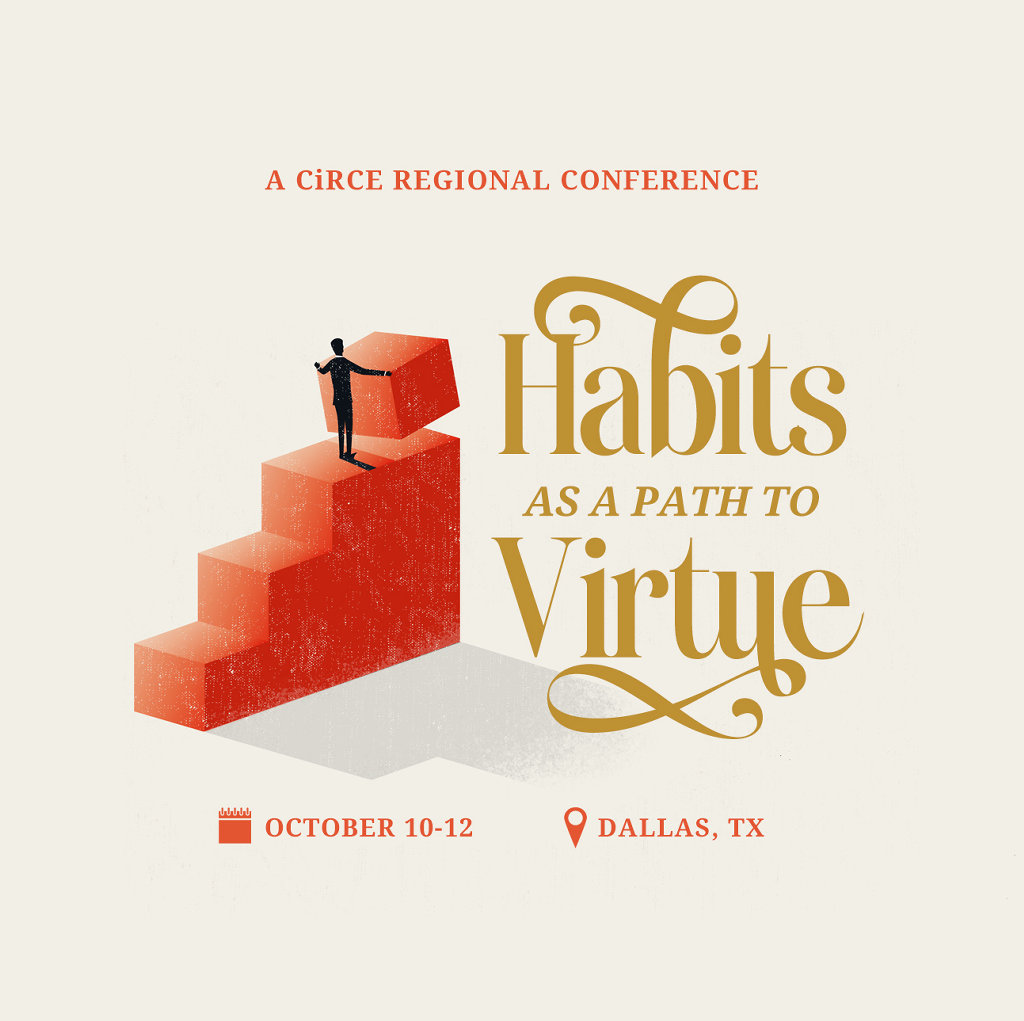A Classical Paradigm for Guiding Students Through Tragedy

It was Sunday afternoon and when I saw the caller ID, I knew something was wrong; my friends all know of my unwavering commitment to unplug on the Sabbath. With a shaking voice, my dear friend asked if I was in a place where I could hear something hard. The evening before a married couple from church had been out for a moonlit stroll and were hit by a truck when walking back from the beach. He was killed instantly; she was rushed to the hospital but was dead on arrival. They were 43 and 40. And they were teachers.
In less than a month, school will resume. Students will enter the classroom to find a new, unfamiliar face. These deaths have gutted the community. What can possibly be said? I am not a grief counselor, but I have grieved an unusually tragic death. I am acutely familiar with the many things that we want to say that ought not to be said. The platitudes that we are tempted to offer range from glib and false to downright cruel. There is little to say other than I am so sorry. That does not mean, however, that there is nothing to be done.
Immediately the question in every honest man’s heart is why? It is a mistake to silence the why with a few Bible verses or a rational argument for God’s goodness. No, the question why must linger in the air, reverberating, until the heart is ready to see.
Just as in any other kind of knowing, knowing God and his character does not begin in the reason but in the body and the heart. The heart must first be emboldened by beauty. After my father died, I craved beauty. I read T. S. Eliot on repeat. I sat in a chair just to watch the way the sunlight hit the trees. I drank better wine – it wasn’t enough to see beauty, but I had to consume it. In the aftermath of a tragedy, I would recommend the same – reading and watching and eating and drinking beauty. Read poetry. Go outside. Breathe deeply. Bake bread. Drink tea. Remember. Laugh.
It may seem that I am suggesting Romanticism as a grief cure. A teacher was killed by a truck, and you want me to gaze upon a host of golden daffodils? But what I suggest isn’t Wordsworth – it is far, far older, the stuff of Plato and Aristotle. It is the classical path of poetic knowing. Poetic experience is not merely poetry; it is an intuitive way of knowing, a non-analytical encounter with reality. James Taylor explains, “It is true that poetic experience has the same surprise of metaphor found in poetry, but also found in common experience, when the mind, through the senses and emotions, sees in delight, or even in terror, the significance of what is really there.”[1]
In the classical world, poetic knowledge was understood as the beginning of knowledge. In The Republic Plato lays out an educational plan that begins with music, gymnastics, and poetry. These tune the body and the heart so that “when reason comes he will recognize and salute the friend with whom his education has made him long familiar.”[2] Aristotle begins his Metaphysics with the claim that “All men by nature desire to know. An indication of this is the delight we take in our senses.”[3] We see this in infants, in the way that they meet new things through sight and taste and touch. But this is not just how children learn – it is how humans learn. Our senses give us knowledge of permanent things so that we will have the foundation for rational arguments eventually to be conceivable.
We find this not only in the classical world but also in Scripture. Consider, for example, Psalm 19. King David was a man who knew beauty and hardship beyond what I can fathom. But before praising the law, he begins with a poetic reflection on God’s wordless glory.
The heavens declare the glory of God; the skies proclaim the work of his hands. Day after day they pour forth speech; night after night they reveal knowledge. They have no speech, they use no words; no sound is heard from them. Yet their voice goes out into all the earth, their words to the ends of the world. In the heavens God has pitched a tent for the sun. It is like a bridegroom coming out of his chamber, like a champion rejoicing to run his course. It rises at one end of the heavens and makes its circuit to the other; nothing is deprived of its warmth.
He uses images and metaphors to make sense of things that are otherwise inexplicable. He praises the knowledge of God that he has gained through his heart and his body before moving to argumentation. The mind needs images to make sense of the world; the arguments will keep until the time is right.
I don’t know why Ben and Monica had to die. I don’t know why God did not choose that moment for a miracle. I won’t tell you that they’re in a better place and that it’s all part of God’s plan. I will say that suffering is God’s classroom. It reveals what is: the depths of our hearts and the heights of his goodness. It allows us to set aside our weary reason to perceive reality as both the seen and the unseen. If our students learn this, and in times of trial their faith stands strong, it will be the most important lesson of all.
[1] James S Taylor, Poetic Knowledge: The Recovery of Education (Albany, NY: State University of New York Press, 1998), 6.
[2] Plato, Great Books of the Western World , ed. Mortimer J. Adler, trans. Benjamin Jowett, vol. 6 (Chicago: Encyclopedia Britannica, 1990), 333.
[3] Aristotle, Great Books of the Western World: Aristotle I, ed. Philip W Goetz, trans. W. D. Ross, vol. 7 (Encyclopaedia Britannica, Inc., 1993), 499.
Rachel Woodham
Rachel Woodham has a BA in Russian Language and Literature and is a graduate student of Great Books at Harrison Middleton University. A classical educator for the last decade, she now homeschools her three all-time favorite students.










1 thought on “A Classical Paradigm for Guiding Students Through Tragedy”
beautiful thoughts rachel. pointing out a steady & sure direction for our hurting hearts toward healing. thank you.